The Awakening (2011)
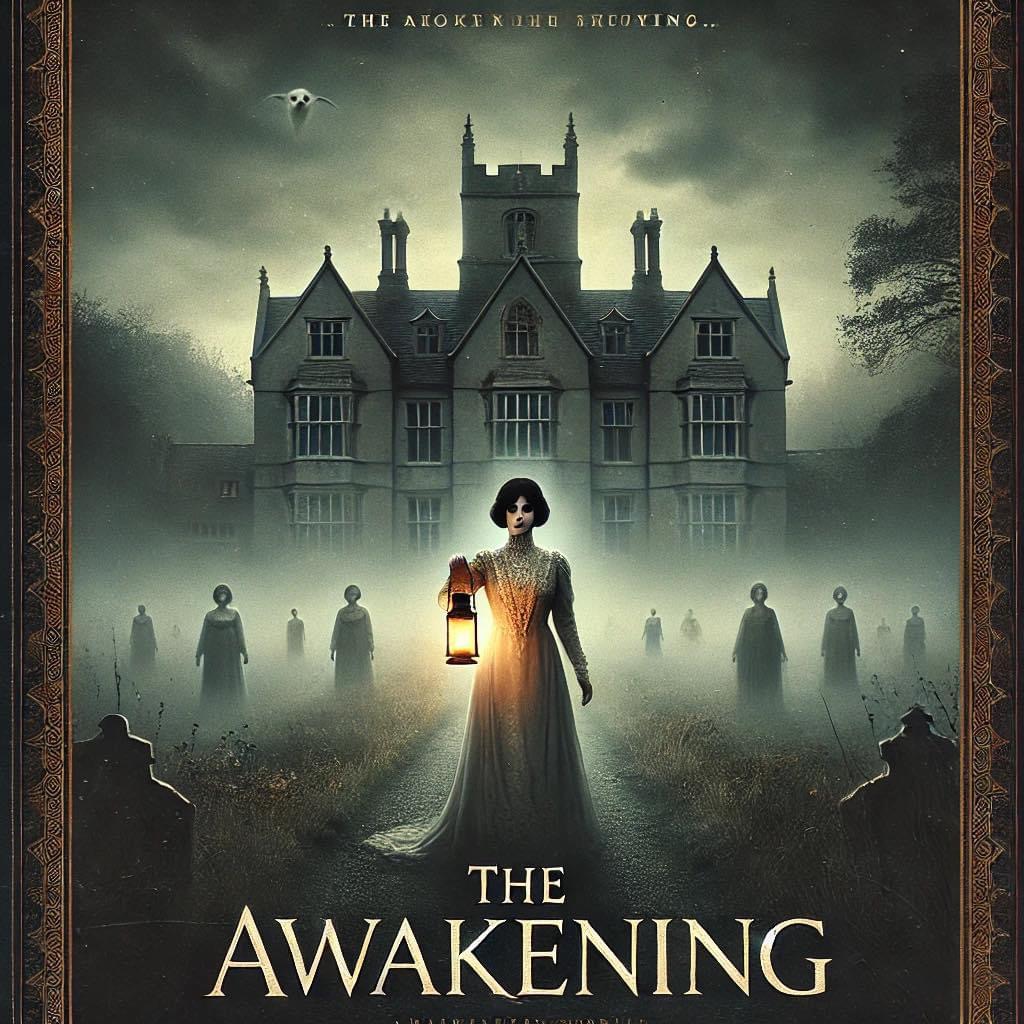
The Awakening (2011), directed by Nick Murphy, is a British supernatural thriller set in the aftermath of World War I. The film stars Rebecca Hall as Florence Cathcart, a skeptical ghost debunker who is called upon to investigate strange happenings at a boys’ boarding school. This period piece, set in 1921, captures the post-war trauma of the era, where grief and loss haunt the characters as much as any potential supernatural presence.
Suggested videos for you:
Plot Overview:
The story begins with Florence, an author and intellectual dedicated to disproving supernatural phenomena. Her personal tragedy — the loss of her fiancé during the war — fuels her belief that ghosts are merely manifestations of human psychology and grief. She is called to investigate strange occurrences at a secluded boarding school, where a young boy recently died under mysterious circumstances. The school’s headmaster, Robert Mallory (played by Dominic West), and the matron, Maud (Imelda Staunton), seem genuinely concerned about the supernatural activity.
As Florence delves deeper into the investigation, strange events begin to unfold, challenging her skepticism. She encounters apparitions, and her experiences push her to confront the deeper traumas she has long buried. The haunting is not only external, in the form of ghosts, but also internal, as Florence is forced to confront her own past and the emotional scars left by the war.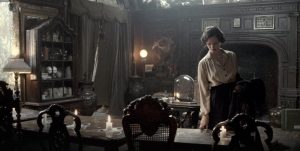
Themes and Atmosphere:
The Awakening is more than a traditional ghost story; it explores themes of grief, guilt, and the psychological impact of war. The setting, a remote mansion-turned-boarding school, evokes a gothic atmosphere that enhances the sense of isolation and dread. The period setting post-WWI serves as a backdrop for the collective trauma of a society grappling with loss and uncertainty, which reflects in the film’s characters.
The film excels in building tension through a slow-burn narrative. It doesn’t rely on jump scares or overt supernatural effects but rather uses the psychological unraveling of Florence to create a haunting atmosphere. The film’s muted color palette, along with the foggy English countryside, adds to the melancholic tone, creating a world that feels disconnected from reality.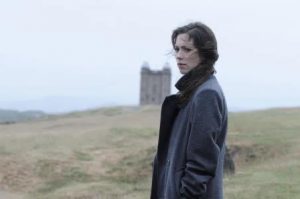
Performances:
Rebecca Hall’s performance as Florence Cathcart is the highlight of the film. Her portrayal of a woman torn between logic and emotional vulnerability is compelling. She conveys Florence’s inner turmoil with depth, particularly as the film progresses and her rigid skepticism begins to crack. Dominic West and Imelda Staunton offer strong supporting performances, with Staunton delivering a chilling twist as the story reaches its climax.
Pacing and Narrative:
The film’s pacing can be slow for some viewers, as it prioritizes character development and mood over action. While the first half focuses on the investigation and Florence’s unraveling beliefs, the latter half delves more into the psychological and emotional elements of the story. There are moments where the narrative may feel predictable, as it follows certain familiar tropes of the genre. However, The Awakening subverts these expectations by emphasizing psychological horror rather than relying solely on paranormal elements.
The film’s final act introduces a twist that reshapes the viewer’s understanding of the events leading up to it. This twist is divisive — while some may find it effective, others might feel it undermines the film’s subtler approach to horror. Regardless, it reinforces the theme of confronting the past, both personal and collective.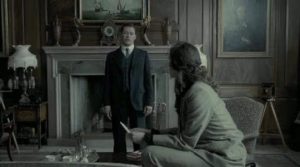
Cinematography and Sound:
Eduard Grau’s cinematography is visually striking, using light and shadow to create a sense of unease throughout the film. The framing often isolates characters in wide shots, emphasizing their solitude and the looming presence of unseen forces. The sound design is equally important, with subtle auditory cues that heighten the tension. Composer Daniel Pemberton’s haunting score complements the film’s melancholic tone, enhancing the sense of dread without overwhelming the narrative.
Reception:
The Awakening received generally positive reviews from critics, though it wasn’t without its detractors. Many praised the performances, particularly Hall’s, as well as the film’s atmosphere and thematic depth. However, some critics found the pacing slow and felt that the twist in the third act was somewhat predictable or unnecessary. The film’s ambiguity — especially regarding the nature of the haunting — left some viewers dissatisfied, while others appreciated the open-ended interpretation of the story.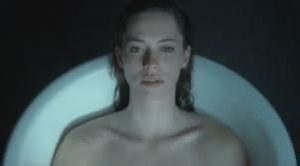
Conclusion:
The Awakening is a haunting, character-driven ghost story that blends psychological horror with period drama. Its slow pacing and introspective approach may not appeal to fans of more traditional horror films, but for those who appreciate atmospheric tension and emotional depth, it offers a compelling experience. Anchored by Rebecca Hall’s powerful performance, the film explores the lingering ghosts of trauma, loss, and the past, making it more than just a supernatural thriller. It’s a meditation on the scars left by war, both seen and unseen, and the ways in which they continue to haunt the living.










